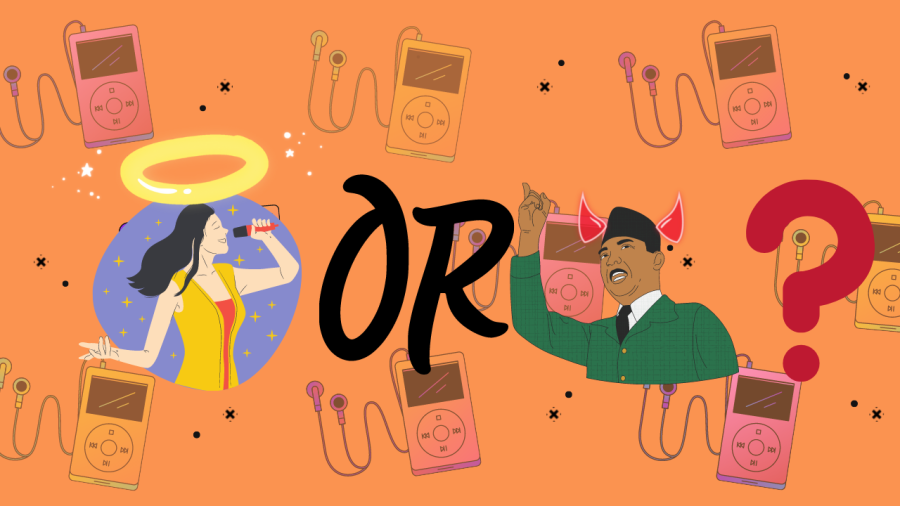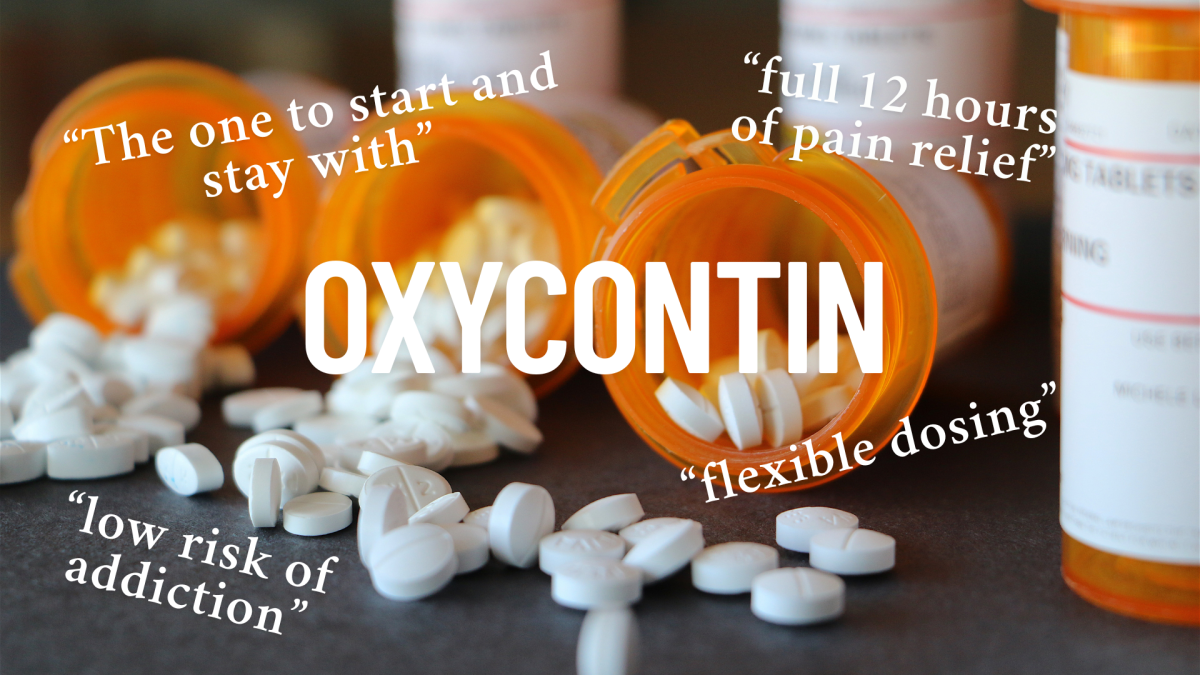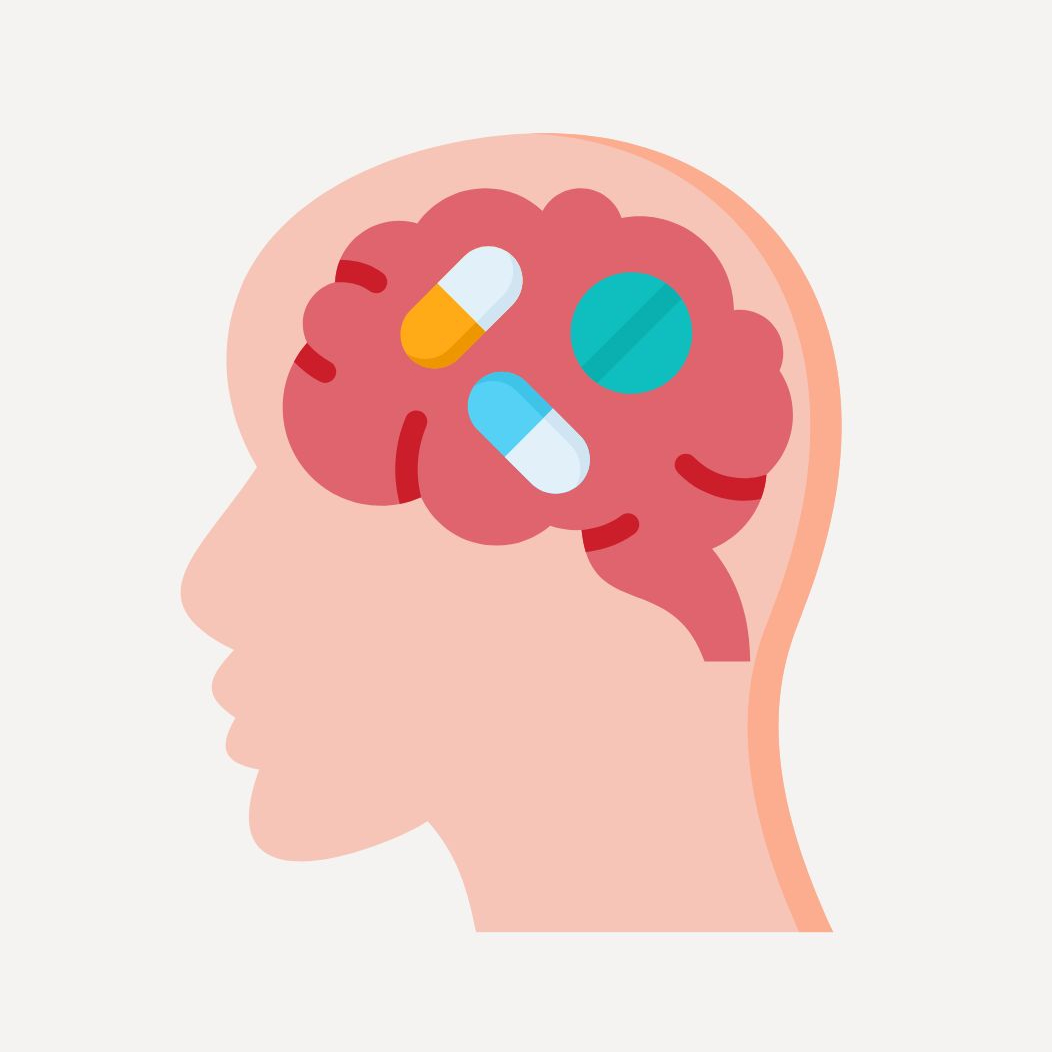Try Guys and Herschel Walker: Are celebrities role models?
Celebrities aren’t angels or devils, but are somewhere in that grey area. The question is, do they have a responsibility to be more moral?
October 31, 2022
Moral hypocrisy is ever more present in society. Ned Fulmer of the internet entertainment group Try Guys has been leaked that he had been involved in infidelity.
More sordid is the fact that Fulmer was depicted in the group’s videos as a family-loving and loyal husband and father. So — in the wake of not just Ned Fulmer but Adam Levine, Emily Bratajowski, and other celebrity scandals — is moral hypocrisy on the rise?
Moral Hypocrisy in Entertainment
It’s not that moral hypocrisy has been on the rise or particularly proliferated because of a fiddled, nonreligious, and technology-burdened new generation. The wave of moral hypocrisy seen today in the media, from celebrities to politicians, is because of the ability of the internet to reveal rather than hide moral hypocrisy.
Without the internet acting as a watchdog, TMZ-worthy stories would never be made public. There are just as many, if not more scandalous stories happening unbeknownst to the public eye, except they simply go unreported. The internet is a medium through which human immorality can easily be exposed.
So, the question becomes, should celebrities and politicians be held up to a standard of being role models for the public, even as the internet makes it harder and hard to do so? Or are they simply human as everyone else? Are they more successful?
“Yes, why not? Usually, celebrities are in uncommon fields. They make a great career out of something that many people can’t. Things like movies, sports, things that most people can only wish they were in. They are probably passionate about it. They made a lucrative job in a field they’re passionate about,” said Sarah Zhang(‘23).
But there is another argument: morality is not a prerequisite to becoming famous and isn’t part of the job description. Put crassly by NBA analyst and former MVP basketball player,
“I’m not paid to be a role model. Parents should be role models… Just because I dunk a basketball doesn’t mean I should raise your kid,” said Charles Barkley on TNT.
Moral Hypocrisy in Politics
Herschel Walker, a former collegiate football player turned politician, is in the Georgia Senate race with a platform of pro-life, conservative values. However, a scandal recently revealed that he had paid for a woman’s abortion in the past.
Once again, the definition of who is or is not a role model has shifted. As is the case with celebrities, politicians are not necessarily moral either, despite their platforms.
“I think individuals should decide who their role models should be,” said Samuel Weaver, AP Government and Politics teacher.
Politicians have even more command of the media and power than celebrities do. This puts them in a position where their moral hypocrisy is even more magnified.
“I think it’s more magnified. Moral hypocrisy is a problem regardless of who it is. I think it’s worse when it’s people in power and people who put themselves in the public eye, but at the same time, we’re all flawed humans,” said Weaver.
Walker’s Senate race is possibly hurt due to these scandals. While the Republican governor candidate Brian Kemp won comfortably against Stacey Abrams by almost eight percent, the Senate election will be decided in a runoff – implying that it is the candidates instead of the party that is causing the difference.
But it’s important to remember that all these leaks and news come from the internet. Contrary to the view that the world is succumbing to hedonism, it’s simply that the internet enables what already existed to be more transparent.





